
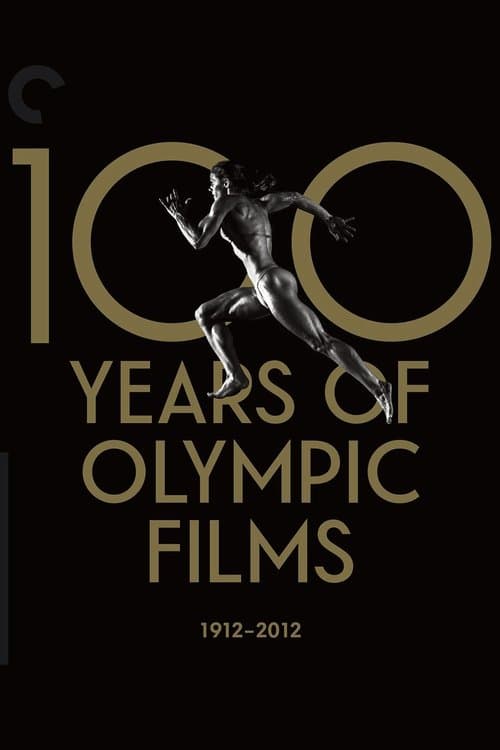
Spanning fifty-three movies and forty-one editions of the Olympic Games, 100 Years of Olympic Films: 1912–2012 is the culmination of a monumental, award-winning archival project encompassing dozens of new restorations by the International Olympic Committee. The documentaries collected here cast a cinematic eye on some of the most iconic moments in the history of modern sports, spotlighting athletes who embody the Olympic motto of “Faster, Higher, Stronger”: Jesse Owens shattering world records on the track in 1936 Berlin, Jean-Claude Killy dominating the Grenoble slopes in 1968, Joan Benoit breaking away to win the Games’ first women’s marathon in Los Angeles in 1984.
A documentary covering the Olympic Games at Chamonix in 1924.
A documentary on the Olympic games of ancient Greece, made during the 1924 games.
A documentary on the 1924 Olympic Game in Paris.
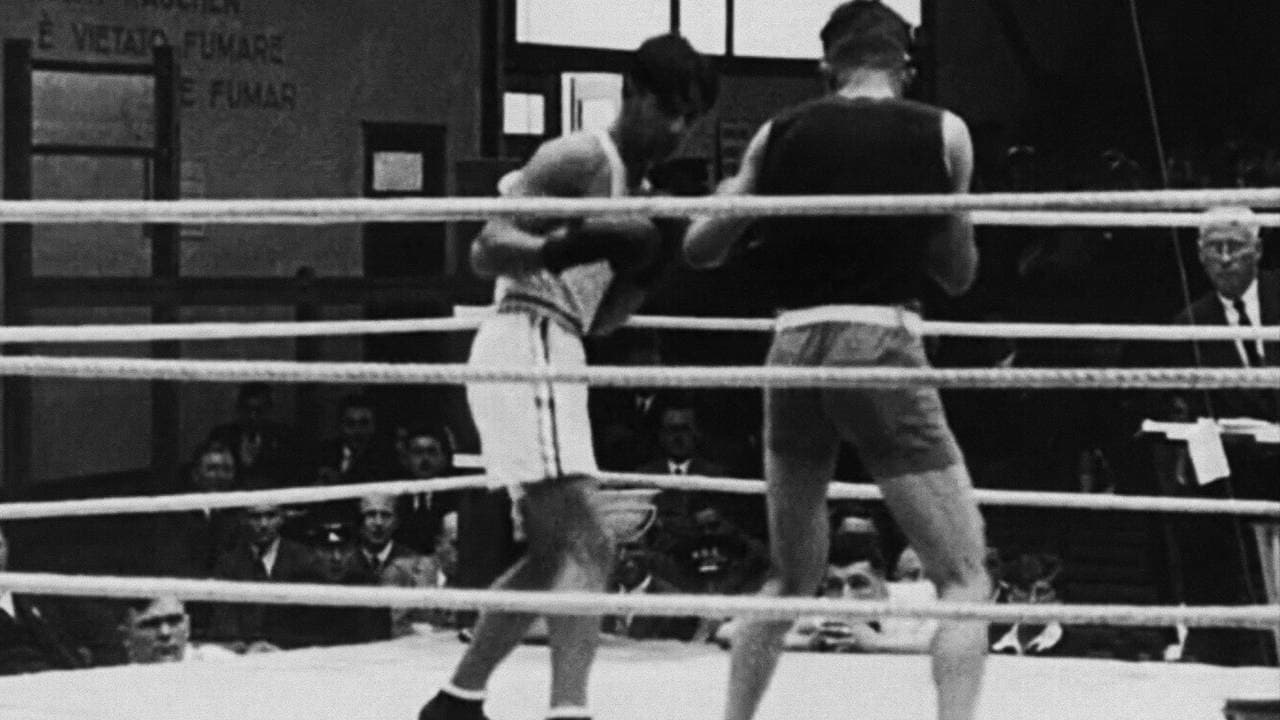
A documentary on the 1928 Olympic Games in Amsterdam.
A documentary on the 1928 Olympic Games in Amsterdam. Made by Istituto Luce, there is an understandable focus on Italian athletes, but it is the first Olympic documentary that describes the techniques of certain events.
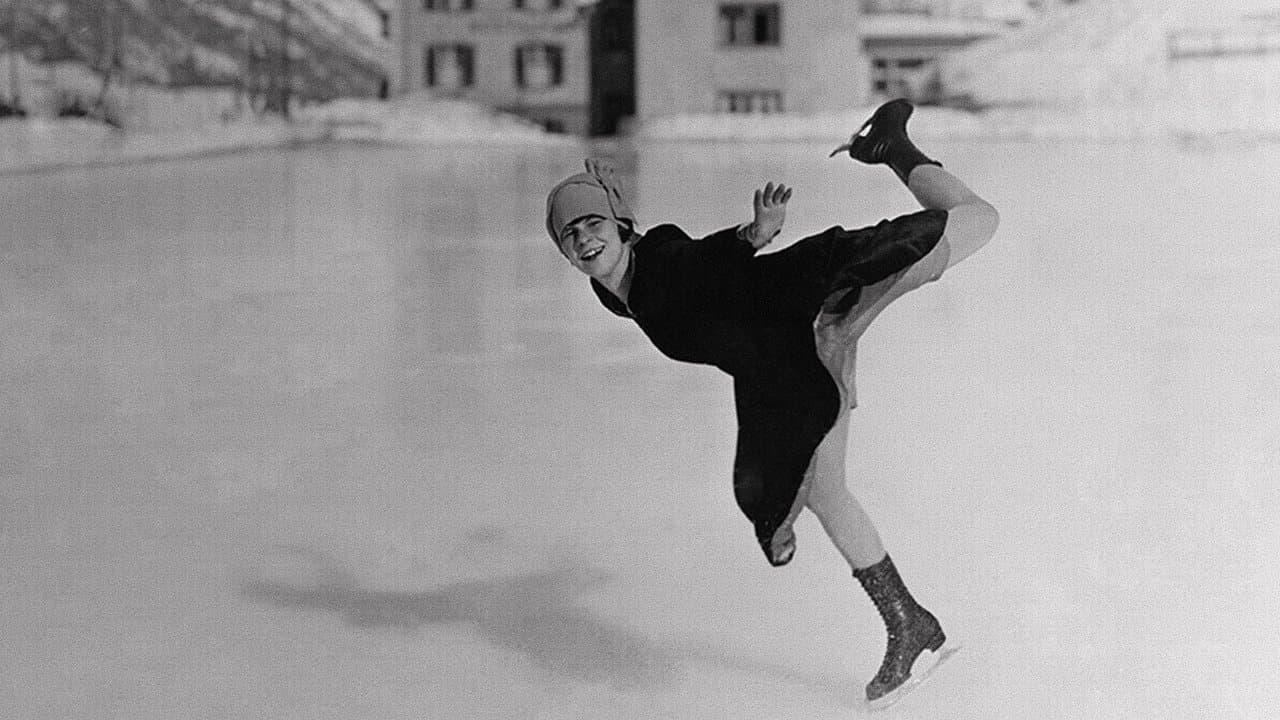
A profile of the 1928 Olympic Games in St. Moritz, Switzerland.
This Nazi propaganda film covers the 1936 Winter Olympics that were held in Germany.

A documentary covering the 1948 Olympic Games in St. Moritz, Switzerland, and London, England.
A documentary covering the 1948 Olympic Games in St. Moritz.
A documentary covering the 1952 Winter Olympics in Oslo, Norway.
A first part of a documentary on the 1952 Olympic Games in Helsinki.
A second part of a documentary covering the 1952 Olympic Games in Helsinki.
Documentary footage from the 1952 Olympic Games in Helsinki.
A documentary covering the equestrian events of 1956 Olympic Games in Stockholm.
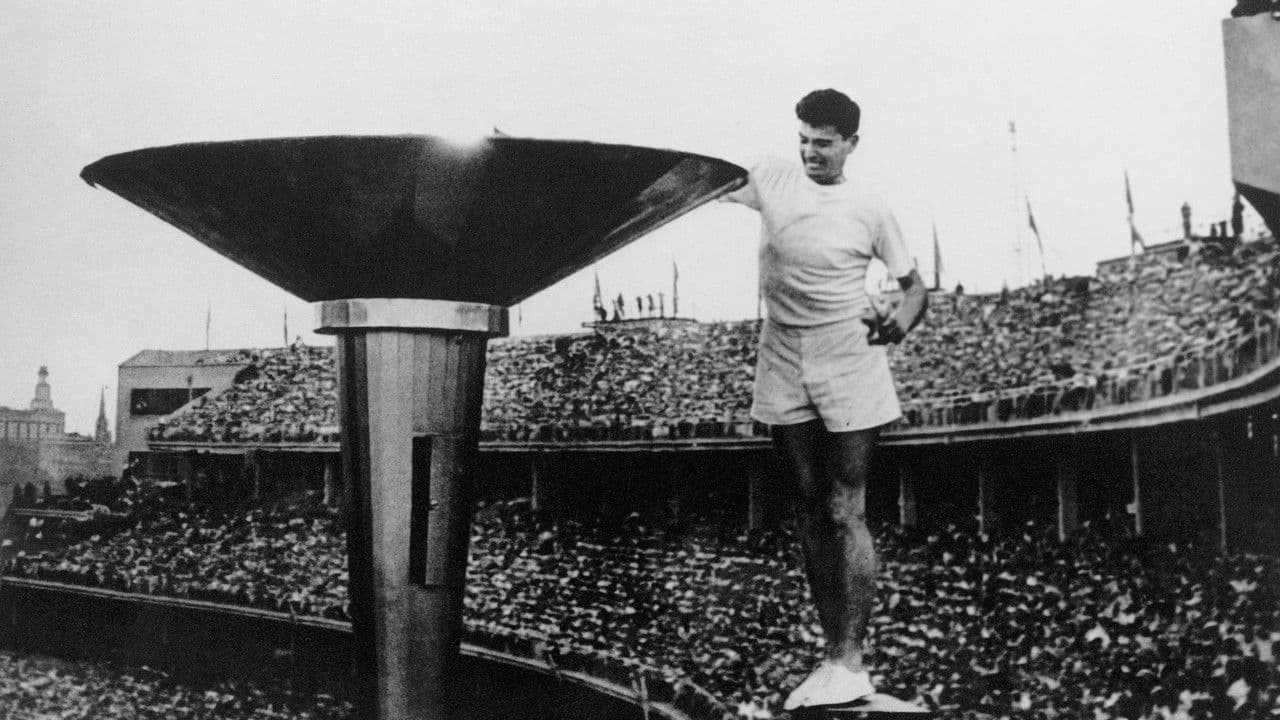
A documentary covering the 1956 Olympic Games in Melbourne and Stockholm.
A documentary covering the 1956 Olympic Games in Cortina d’Ampezzo, Italy.

Rendez-Vous a Melbourne is the official filmed record of the 1956 Olympic Games in Australia. At the time of its release, there was much controversy in the documentary-filmmaking world over the fact that the Aussies signed over exclusive distribution rights to a French firm, resulting in a boycott from other movie companies. None of this matters when the film is seen today: though not in the same league as Leni Reifenstahl's Olympiad, this 110-minute extravaganza is consistently entertaining. Fifteen cameras were utilized to lens every aspect of the event; it was then up to editors Jean Dudrumet and Monique Lacombe to burrow through miles and miles of film to cull the highlights seen herein. Portions of Rendez-Vous a Melbourne have since resurfaced in practically every Olympics documentary -- not to mention the many TV specials attending the now-biannual event.
A documentary about French marathon runner Alain Mimoun at the 1956 Olympic Games in Melbourne.
A documentary covering the 1960 Winter Olympic Games in Squaw Valley, California.

Events and athletes that characterized the 1960 Summer Olympics in Rome. From the absolute protagonist Wilma Rudolph, called the black gazelle, to Livio Berruti, the first white to win the 200 meters, to the deeds of Ethiopian marathon runner Abebe Bikila, who won the marathon racing barefoot.

A documentary on the 1964 Olympic Games in Innsbruck, Austria.

This impressionistic portrait of the 1964 Tokyo Summer Olympics pays as much attention to the crowds and workers as it does to the actual competitive events. Highlights include an epic pole-vaulting match between West Germany and America, and the final marathon race through Tokyo's streets. Two athletes are highlighted: Ethiopian marathon runner Abebe Bikila, who receives his second gold medal, and runner Ahamed Isa from Chad, representing a country younger than he is.
A documentary covering the 1964 Olympic Games in Tokyo. It consists primarily of footage edited from the documentary TOKYO OLYMPIAD, directed by Kon Ichikawa.

This colorful documentary chronicles the events of the 1968 Winter Olympics in France. The events made international celebrities of skater Peggy Fleming and skier Jean-Claude Killy for their gold-medal performances. The camera accurately catches the speed of bobsleds and downhill racers and ski jumpers as they race for the gold. President Charles DeGaulle is shown observing the action over 13 days, which saw France earn the best performance to date in the winter games.

Film about the 10th Olympic Games in Grenoble in 1968. Using a subjective camera, Ertaud and Languepin take the pulse of the Games, cutting out the eyes and slowing down the movement when necessary. The dominant figure at the Grenoble Winter Games is Frenchman Jean-Claude Killy, whose three gold medals matched Toni Sailer's 1956 feat. The filmmakers bet on his winning streak, and include commentary from him as he prepares for each race. Another athlete, Marielle Goitschel, is treated insightfully on screen and wins the women's slalom. Ice dancing fans will appreciate the coverage of winner Oleg Protopopov and his partner Ludmila Belousova. President Charles De Gaulle was present for the spectacular Opening Ceremony.

Documentary about the XIX Olympic Games in Mexico City in 1968. Preserved by the Academy Film Archive in partnership with Sony Pictures Entertainment in 1999.

A documentary about the 1972 Winter Olympic Games in Sapporo, Japan.

Eight acclaimed filmmakers bring their unique and differing perspectives to the 1972 Summer Olympic Games held in Munich. The segments include Lelouch's take on Olympic losers and their struggle to remain dignified even in the face of bitter disappointment and defeat; Zetterling's dramatic exploration of the world of weightlifting; and Pfleghar's piece on young Russian gymnast Ludmilla Tourischev's majestic performance on the uneven bars.

British documentary filmmaker and producer Tony Maylam reinvigorated the sports documentary genre with WHITE ROCK, an idiosyncratic and utterly engaging account of the XII Olympic Winter Games Innsbruck 1976. He did so by placing music (by organ and synth wunderkind Rick Wakeman) front and center, and by using Hollywood star James Coburn as a "guide for the uninitiated."
Edited from almost 100 km of film footage shot during the Games, this feature documentary is a breathtaking portrait of the 1976 Montreal Olympics. Much more than a simple record of the Games, the film approaches each event with the intention of revealing the athlete - whether winner or loser - as a unique individual.
A documentary covering the 1980 Olympic Winter Games in Lake Placid.
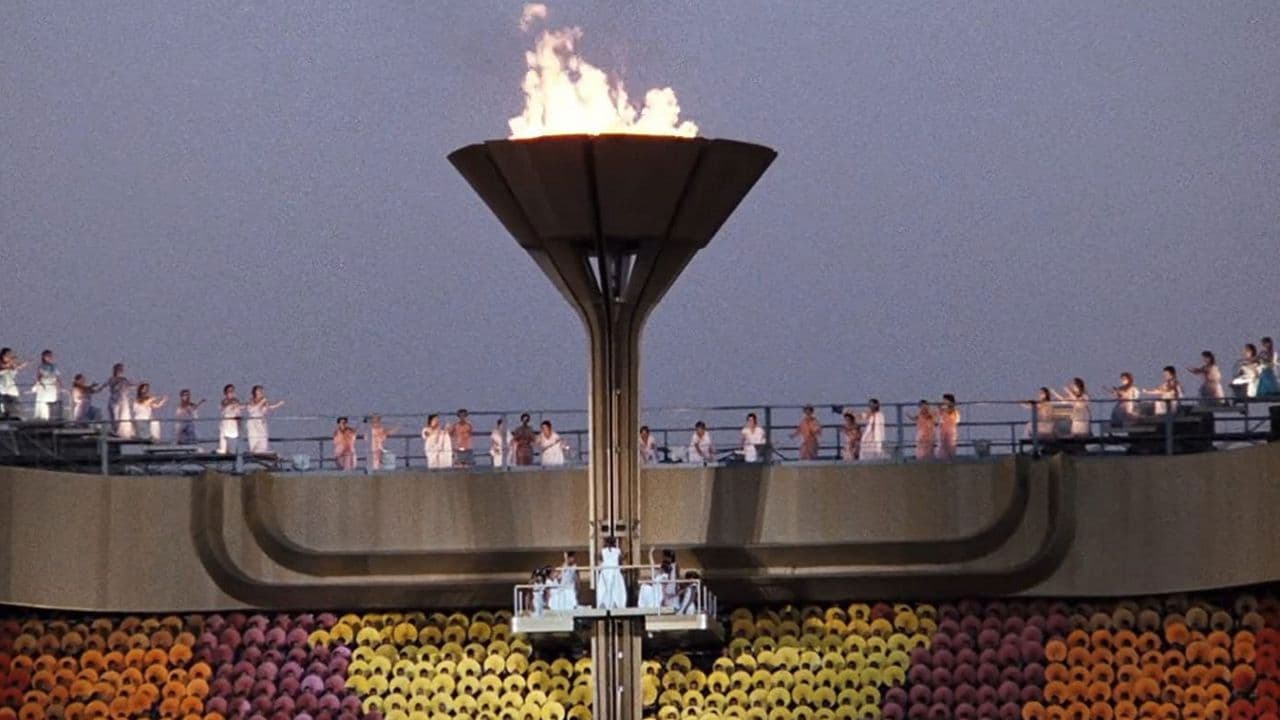
A 1981 documentary film directed by Yuri Ozerov. It showed the opening and closing ceremonies of the 1980 Summer Olympics held in Moscow. The director was awarded the State Prize of the USSR in 1982. The film was selected as the Soviet entry for the Best Foreign Language Film at the 54th Academy Awards, but was not accepted as a nominee.

The definitive photographic record of the 1984 Los Angeles Olympics, told "from the inside" through the lives of the participants, the words of David Perry, and the singing voice of Placido Domingo. From the opening to closing ceremonies, this unique style of storytelling shows a side of the Olympic Games not seen by television audiences.
A documentary covering the opening and closing ceremonies of the 1988 Summer Olympic Games in Seoul.

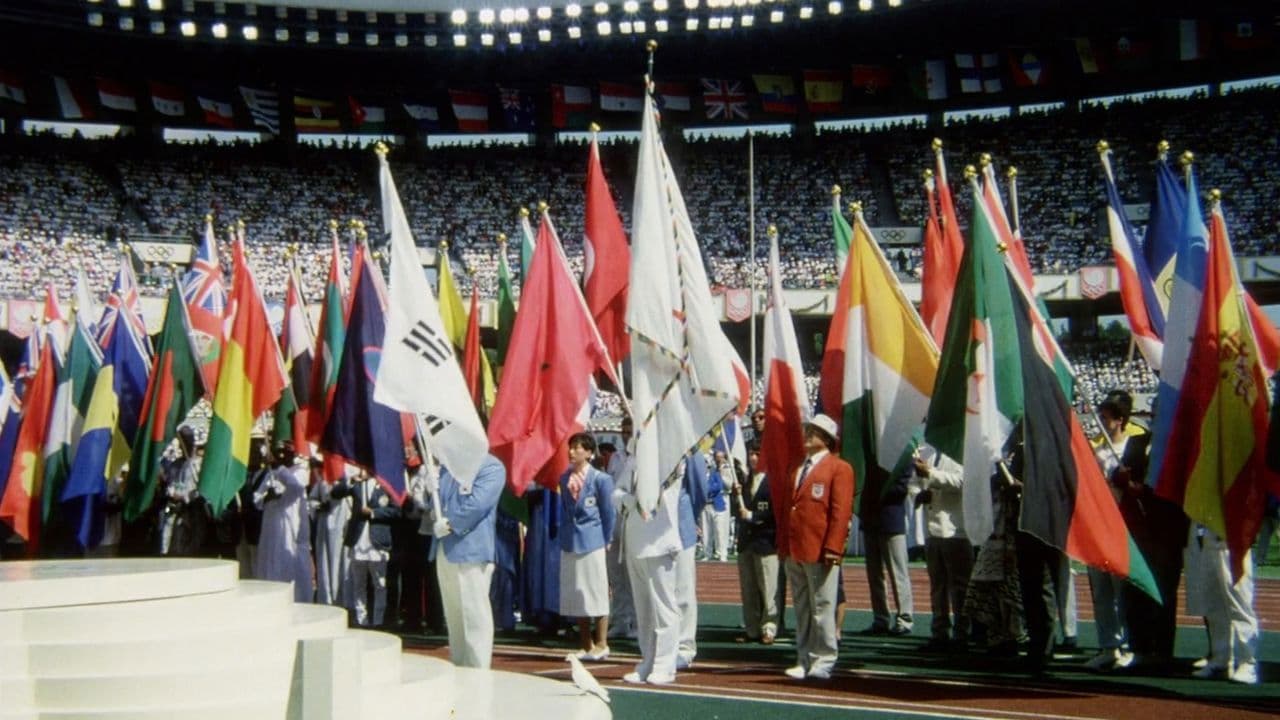
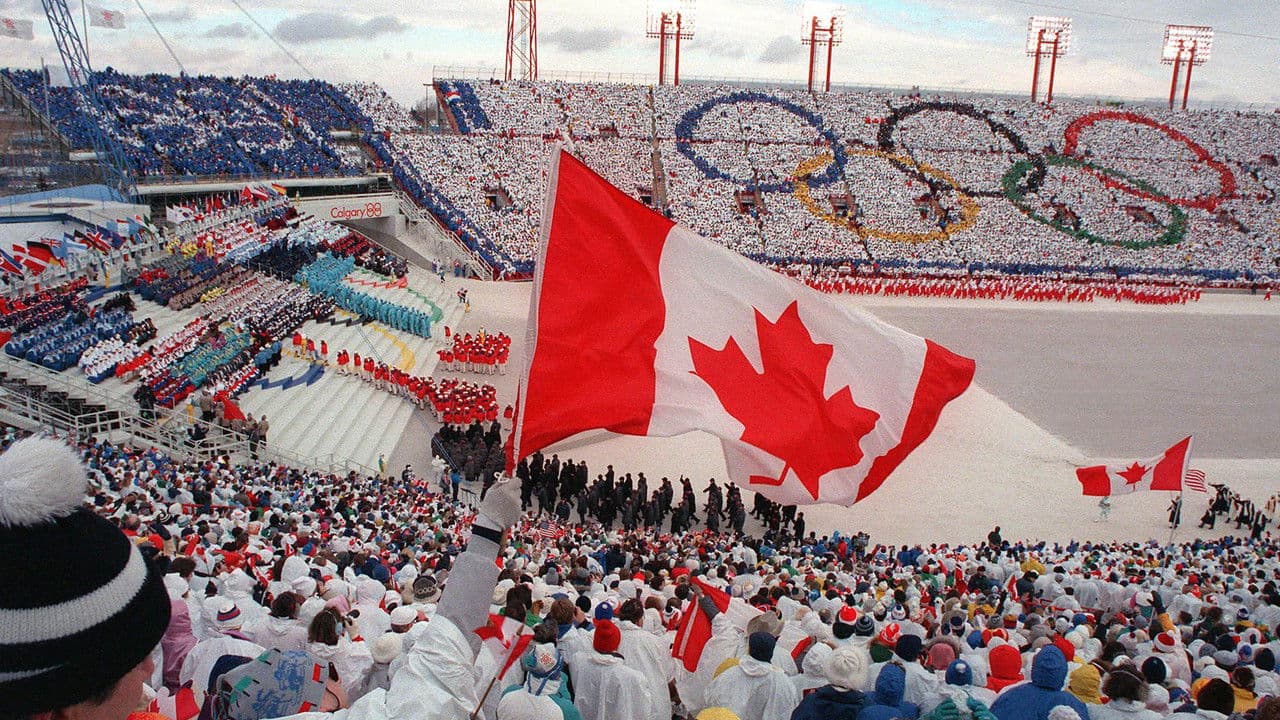
A documentary covering the 1988 Olympic Games in Calgary.
A documentary covering the 1992 Olympic Games in Albertville.


A documentary covering the 1994 Olympic Games in Lillehammer.
A documentary covering the 1996 Olympic Games in Atlanta.
A documentary covering the 1998 Winter Olympic Games in Nagano.
A documentary covering the 2000 Olympic Games in Sydney.
Award-winning sports chronicler Bud Greenspan delivers a powerful and emotional look at six individual stories in the official film of the 2002 Olympic Winter Games in Salt Lake City. Greenspan goes beyond highlight footage to tell the story of how these athletes overcome incredible obstacles to achieve Olympic glory.
A documentary covering the 2004 Olympic Games in Athens.
A documentary covering the 2006 Olympic Games in Turin.

A documentary covering the 2008 Olympic Games in Beijing.
A documentary covering the 2010 Olympic Games in Vancouver.

The Official Film of the XXXth Olympic Games to be held in London, following the stories of twelve first-time Olympians from around the world.

Newly restored and assembled by the International Olympic Committee - the earliest comprehensive moving-image record of the modern Olympic Games that survives today.